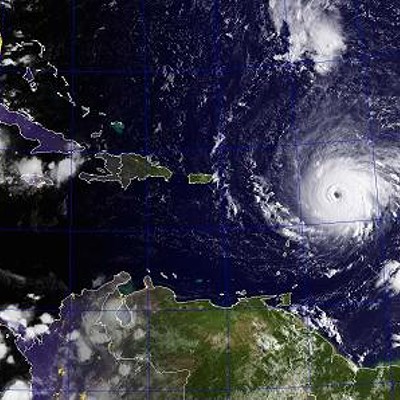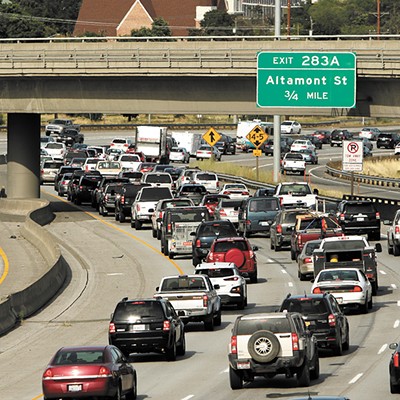What hasn't changed?
Most of the big no-nos haven't changed (i.e. don't give weed to the baby, don't bring weed to Idaho, don't smoke weed and drive).
But there's one that's less obvious. Of the four states that have legalized marijuana, the Evergreen State is the only where home grows remain illegal.
Another thing that hasn't changed is that your boss can drug-test and fire you for consuming pot.
What has changed?
One of the biggest changes to the state's pot laws has been the Cannabis Patient Protection Act, which was signed by Gov. Jay Inslee this spring. The new law is intended to rein in the largely unregulated medical market by merging it with the tightly regulated recreational market.
The law provides a process for medical dispensaries to prove that they've been good actors and stay open, but many will be phased out by July of next year. Recreational stores can apply to serve the medical market. If approved, they'll carry medical marijuana products and be allowed to give advice to patients.
Other new pot laws allow the governor to enter into compacts with Indian tribes letting them produce and sell cannabis, researchers to apply for special licenses to grow and sell the plant, and people experiencing PTSD or traumatic brain injuries to get medical marijuana. The Legislature has passed a bill making it illegal to have an open container of marijuana in a vehicle.
It's also become illegal to make your own butane hash oil, a gooey highly potent concentrate, without a license because stoners have blown up their houses making it.
How many people have been cited for driving stoned?
The number of people driving impaired is on the rise, according to numbers from the Washington State Toxicology Laboratory. In 2009, the lab received 4,809 impaired driving cases for testing, of which 18 percent positive for THC, the psychoactive property in marijuana. Preliminary numbers for 2014; the lab tested 6,270 cases, of which 28 percent tested positive for THC.
The number of fatal crashes where the driver tested positive for marijuana has also increased. In 2009, there were 76 fatal crashes involving a marijuana-positive driver. Preliminary numbers for 2014 show that number rising to 85.




















